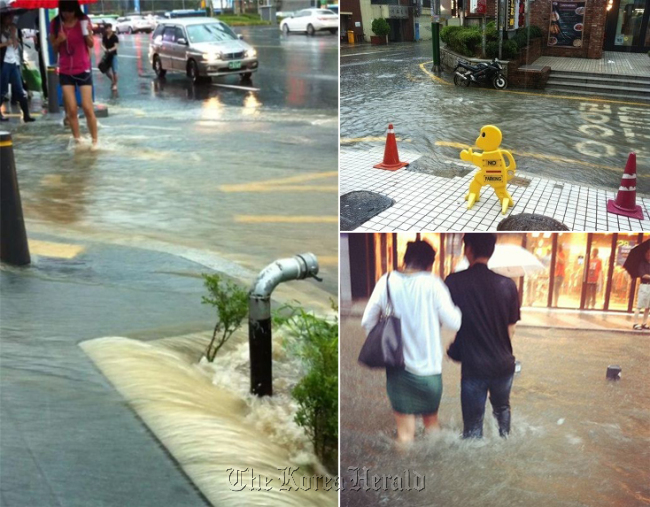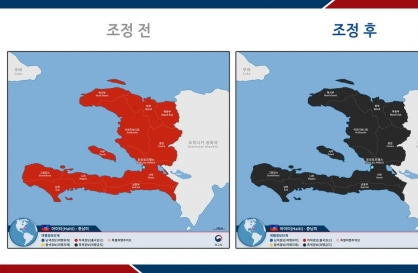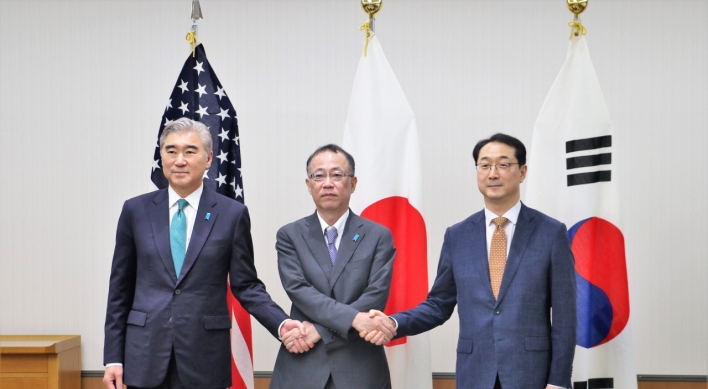Seoul City’s plan to introduce a “rain tax” scheme to promote a better use of rainwater and improve flood control is stoking debate as civic groups and experts raise concerns about the additional burden on property owners.
The envisioned tax, modeled on a German scheme, would be collected based on the area of impervious surface on a property that generates storm runoff directed to local drains. The greater the impervious area, the less landowners would be charged.
The plan comes as part of the metropolitan government’s measures to reinforce flood control for low-lying regions and curb repair and maintenance costs amid increasingly frequent torrential downpours.
The envisioned tax, modeled on a German scheme, would be collected based on the area of impervious surface on a property that generates storm runoff directed to local drains. The greater the impervious area, the less landowners would be charged.
The plan comes as part of the metropolitan government’s measures to reinforce flood control for low-lying regions and curb repair and maintenance costs amid increasingly frequent torrential downpours.

Civic groups and experts resisted, however, calling it an attempt to shift the responsibility to the public as a consequence of the city’s past rapid urban development policy.
The city’s collective impermeable area has shot up more than six-fold over the past five decades from 7.8 percent of its total land mass in 1962 to 47.7 percent in 2010, official data shows.
“I agree that citizens share the social responsibility for rainfall but taxing it is not a proper method. We should look into whether the public is willing to voluntarily take part,” Lee Jung-soo, secretary-general of Green Future, a not-for-profit organization, said at a forum hosted by the municipality on Wednesday.
Mayor Park Won-soon refuted that he does not plan for a new tax and has merely begun consulting with specialists on how to upgrade the current pricing structure, which simply targets the amount of wastewater discharged into the public sewer system.
“Seoul City cannot arbitrarily impose a new tax,” he said on his Facebook account on Thursday, pledging a transparent decision-making process.
“The rain tax will draw a line between wastewater and rainwater. It would be a small amount of money, but we can secure finances for rainfall management; residents would realize that rain is a valuable resource every time they check their bills.”
Hyun In-hwan, a civil environmental engineering professor at Dankook University in Gyeonggi Province, raised the need for a clearer strategy.
“The city said it would only sort out the existing rates but I believe that currently the city only charges for wastewater treatment and district offices cover rainwater management costs,” he told the forum.
The scheme, also known as “rain harvesting,” has also been adopted in other countries including the U.S. and the U.K., initially prompting similar backlashes.
In 2010, the U.S. Environmental Protection Agency began putting caps on storm runoff, which was deemed one of leading causes of waterway pollution. Cities and counties impose monthly fees based on the amount of rainwater that flows from a property.
By Shin Hyon-hee (heeshin@heraldcorp.com)


















